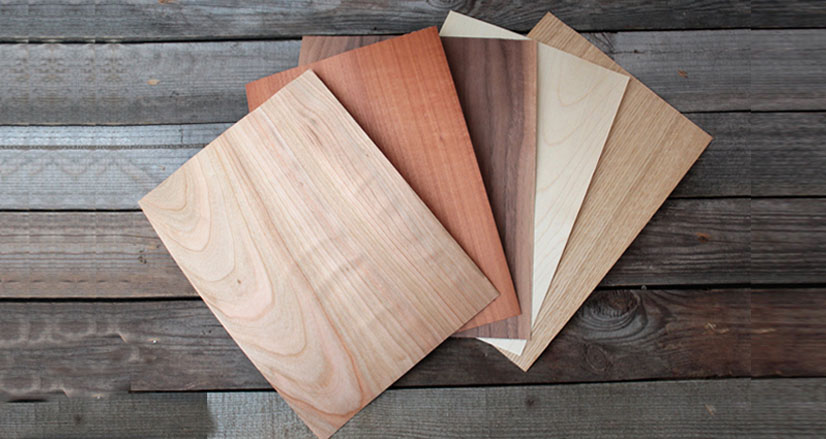Wood furniture has a timeless appeal; no one can deny this claim. It’s one of the most popular choices to make a style statement because the wood has a certain touch of elegance and luxury to it. However, you might be surprised to know that many people are opting for wood veneers instead of solid wood. Why? Let’s take a look at it!
An Overview of Wood Veneer
Wood veneers offered by premium companies such as CenturyVeneers are a type of decorative material that can be applied to the face of a piece of furniture or another object. They are made from layers of thin, flat sheets of wood that are glued together.
CenturyVeneers Wood veneers are a great way to add warmth, color, and style to any room in your home without having to spend too much money on new furniture.
Benefits of Using CenturyVeneers
- Exceptional Stability and Durability
When it comes to the interiors of your house, you need furniture that will stand the test of time. Solid wood isn’t as stable and durable as wood veneers because they’re highly prone to warping and cracking.
- Virtually Endless Choices
Get ready to be spoiled with choices because wood veneers come in a plethora of different colors, shapes, and sizes. You would be surprised to note that they can be created out of over two hundred kinds of wood that are all exotic. You’re free to go crazy with your creative vision for your dream decor.
- Environmental Friendly
You can help make the world a greener place with veneer sheets. Don’t believe us? Let us explain why:
It’s quite obvious that you’re cutting down on the use of natural resources when you switch from solid wood to wood veneers. You’re allowing the Earth to breathe while also incorporating the beauty of nature into your sweet abode.
- Cheaper than Solid Wood
Solid hardwood is not only tremendously overpriced but also problematic. However, there’s an option that will get you the same look as the wooden charm while saving you a lot of extra money. With wood veneers, you’re working the smart way, not the hard way.
Different Types of Wood Veneers
- Raw Wood Veneer:
With the word “raw” in the name, you can guess that it hasn’t been stained or finished yet. Both sides can be used because it does not have a backing. Until and unless you apply a finish, you won’t be able to tell the difference between the front side and the backside.
This type of wood veneer is made from the actual material you want to cover, like a piece of furniture or a wall. It’s best for covering unfinished furniture or cabinets because it allows you to see all of the natural characteristics of your material.
- Laminated or Reconstituted Veneer
This type of veneer is made by taking pieces of old furniture and attaching them with glue instead of nails or screws—hence its name, “laminated.” The process involves taking an old piece of furniture that’s already been stripped down (sometimes even beyond repair) and attaching new parts to it so it looks like new again!
- Backed Wood Veneer:
This type of wood veneer is made from multiple pieces of wood glued together as opposed to being cut from one piece like other types of veneer are (such as raw or laid-up). This lets them fit together more securely than most other types.
Let’s Wrap Up!
In an era when global warming and climate change are alarming issues, decorative veneers are considered an environmental-friendly alternative. Based on your requirements, you can choose the best option for your home. Get in touch with CenturyPly to learn more about top-quality Veneers.



